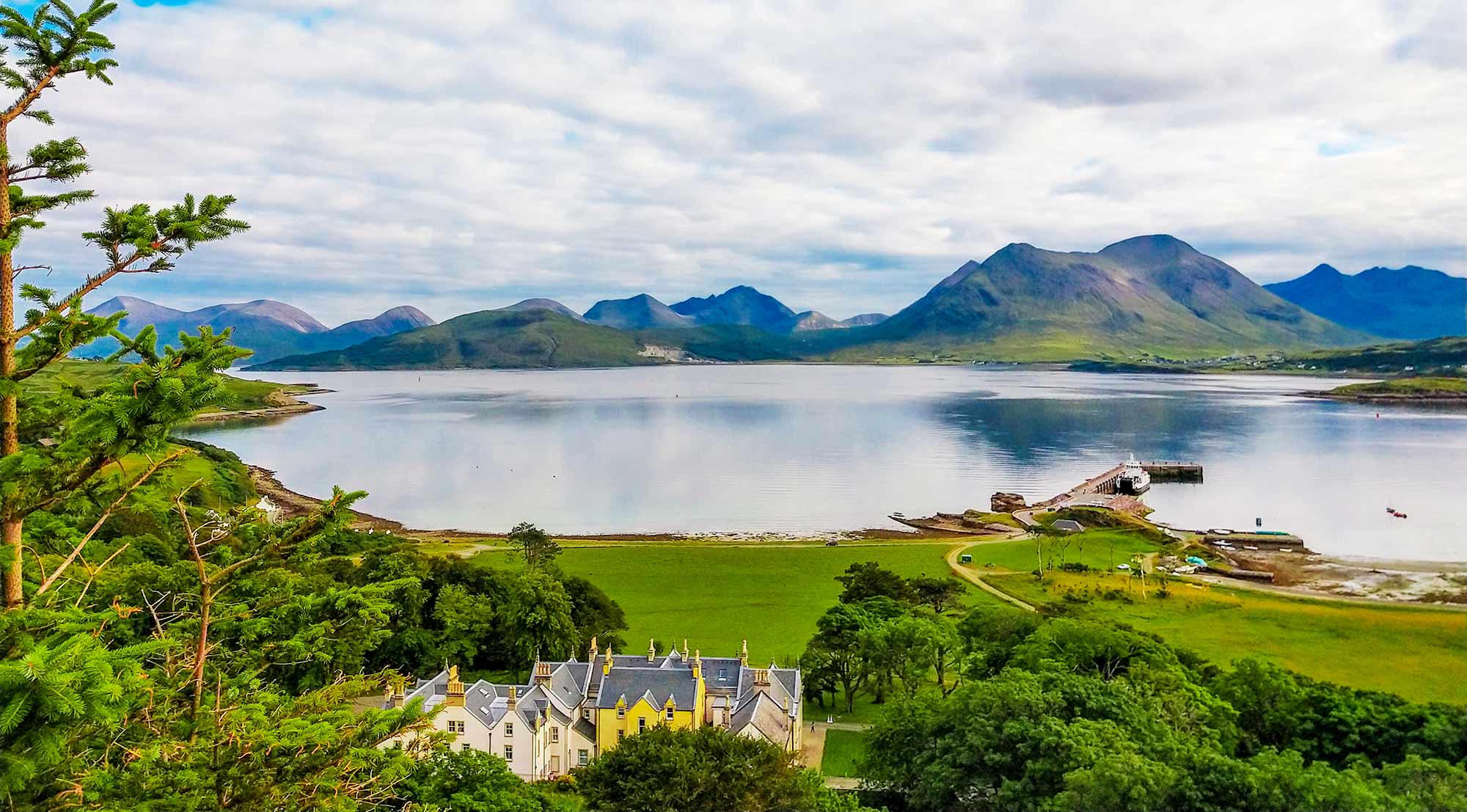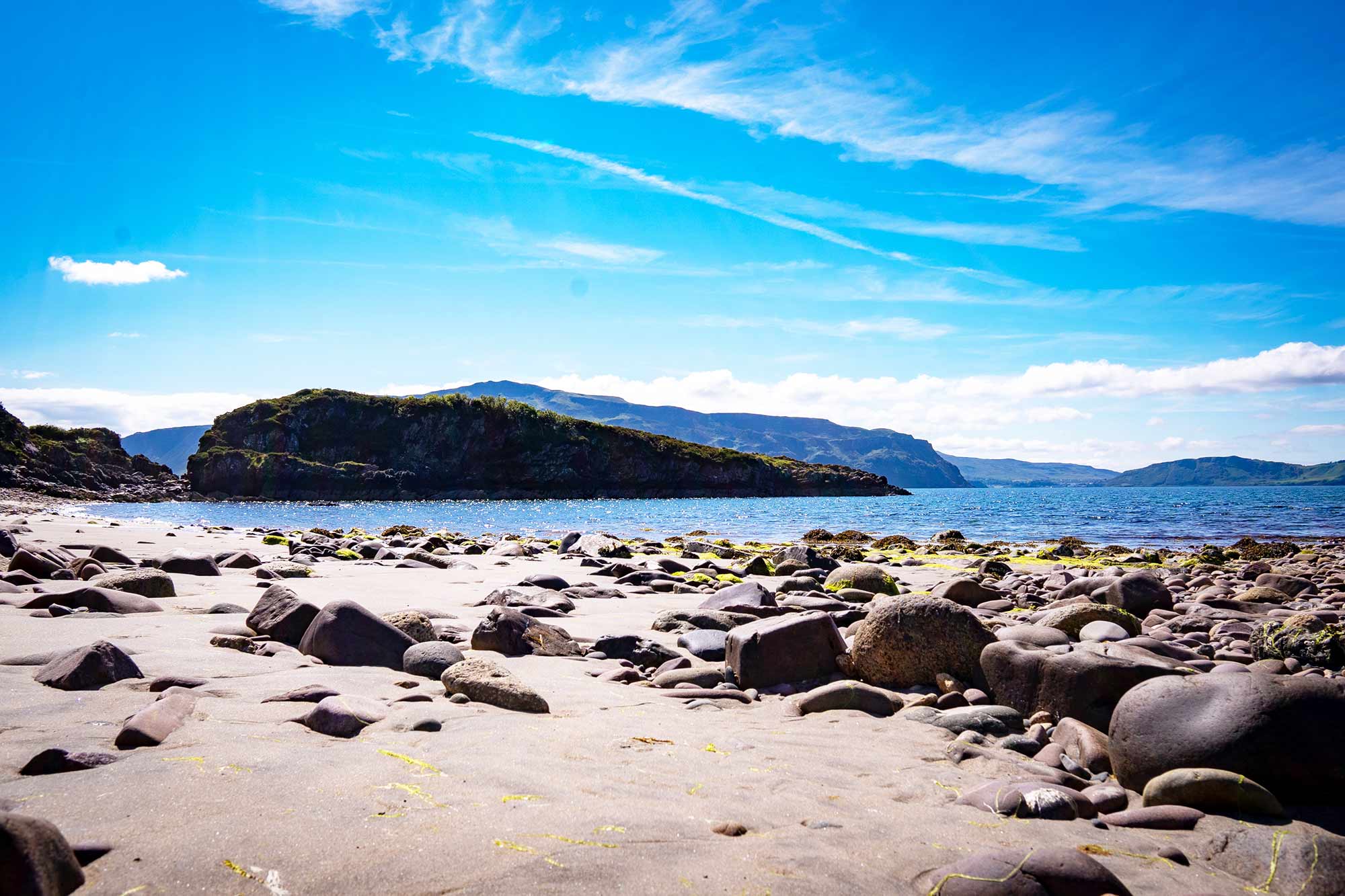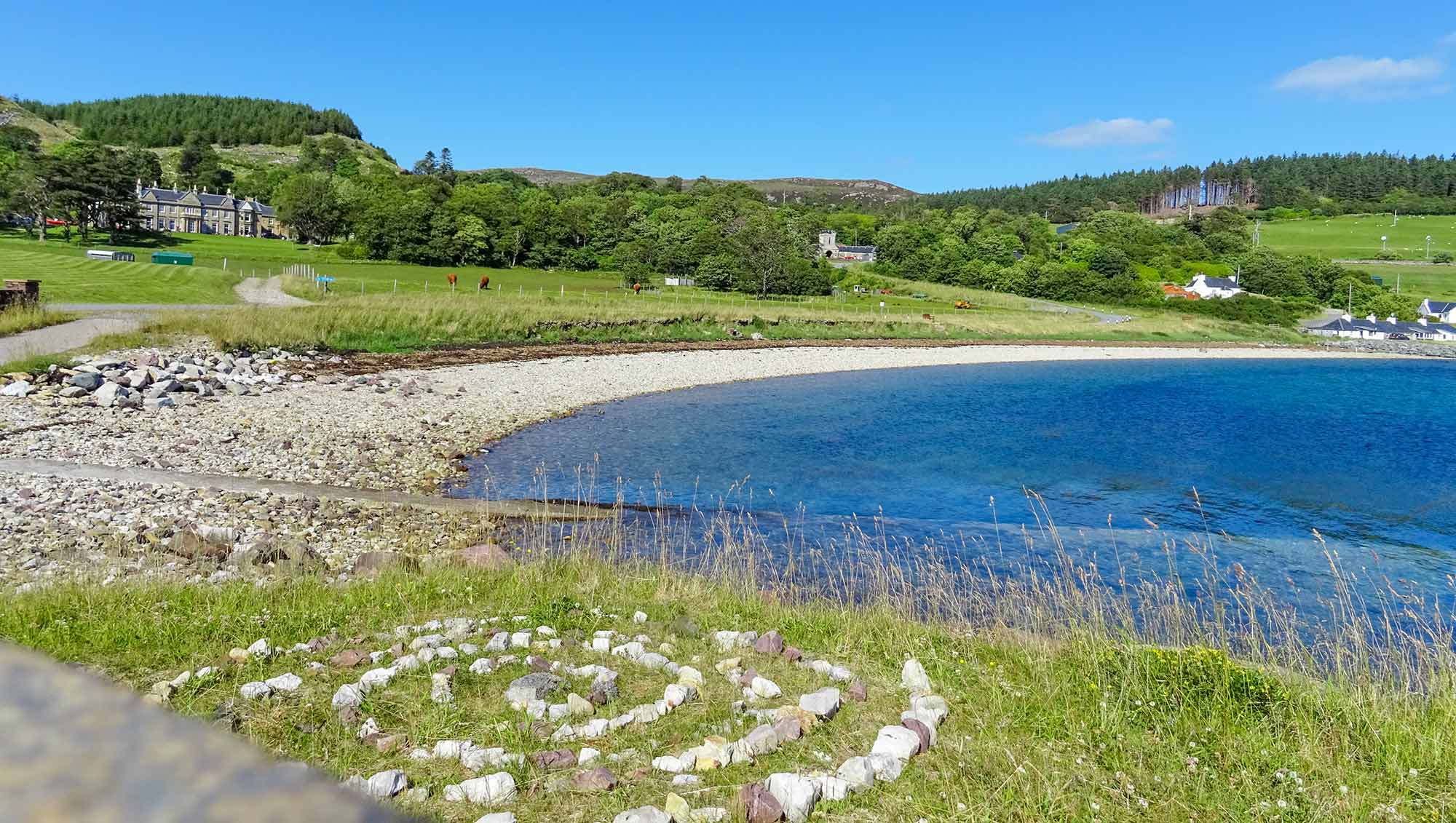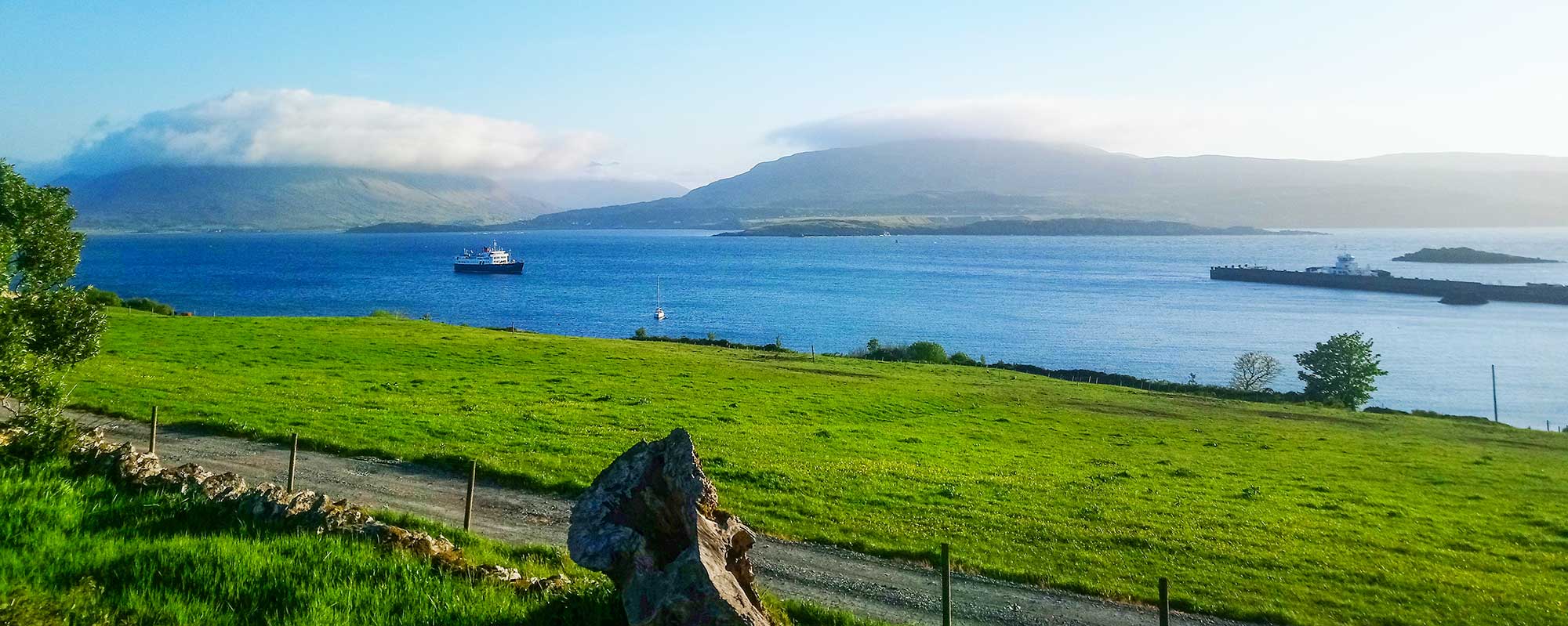




Bringing economic and social benefit to the community
Our conservative financial projections indicate that the schemes will generate, through sales of electricity to the grid, around £2.27 million in gross revenue over the 20 years of the Feed in Tariff (FiT) guarantee. This projection takes a 3 year 50kW national grid constraint into account.
We will work with the community to identify local uses for the electricity that we cannot export to the national grid during the constraint period. RDT will use some of this energy for drying wood as part of their ongoing wood fuel initiative and RCR is looking into providing charging points for electric vehicles. After the Feed in Tariff guarantee period ends the revenue is likely to be less, depending on the commercial electricity price at the time.
The project lifetime worst case scenario predicts that, after servicing our shareholders and covering running costs, an average of £33,000 per year will be available for initiatives that benefit the islands community and environment. The first community benefit payment in 2024 will be around £3,500 but this rises to c£72,000 in 2041. The surplus will vary from year to year depending on various factors including interest payments and, of course, the weather. If Raasay has a wet year, then the surplus may be more than if we have a dry year.
It is important that we raise as much money as possible through this share offer. The more we raise through shares, the more likely the schemes are to succeed and the more profits we will have to invest in community projects.
During the construction phase a number of contractors will be required and, where possible these will be local tradespeople. Once operational the hydro schemes will generate and support secure, year-round employment within the Raasay community. A part time administrator/bookkeeper will be required. There will also be a maintenance contract to ensure the sites operate safely and efficiently and metering reports are submitted as required.

Regular Income Generation

Fueling Local Infrastructure

Offering Island Employment
Generating renewable energy and environmental benefits
The Raasay Community Renewables schemes are estimated to generate, on average, 520,000kWh of green electricity each year. Once the hydros are fully operational the CO2 savings will equate to c127 tonnes of CO2e per year. Renewable energy has an important role to play in addressing the key issues of climate change and security of energy supply. The project will support the Scottish and UK Governments in achieving their renewables and carbon reduction targets.


Clean Energy Production
Reducing CO2 Emissions
‘Run of river’ hydro schemes have very few adverse environmental impacts provided they are well designed, and their implementation is carefully planned. The Scottish Environment Protection Agency (SEPA) has set out specific guidance, which the RCR hydro schemes are following as part of the license conditions. This ensures that suitable provision is made for aquatic life and habitat and that water levels in the burns are not allowed to get too low.
Furthermore, the turbine and generator powerhouse will be adequately soundproofed to minimise sound pollution to neighbouring properties. The pipeline from the intake to the powerhouse will be buried and the schemes will have limited visual impact on the landscape once operational.
COMMUNITY BENEFIT
Generating renewable energy and environmental benefits

Offering you a financial return on your investment
The project will not be possible without the support and commitment of investors.
If you invest in Raasay Community Renewable’s project you will help us to achieve our vision of a green future while potentially providing a greater financial return than you would currently gain by putting your money in the bank.
Note: Both Raasay Development Trust’s and Raasay Community Renewable’s Boards are staffed by volunteers and there will be no financial gain for Directors (unless they are also investors).


Return on Investment
Shareholder Owned
Green Economic Recovery
Supporting the Island’s economic recovery from Covid-19

Supporting the green recovery from Covid-19
The Covid-19 pandemic has been a troubling time for all but as we progress out of lockdown projects such as we propose will be key to achieving the Scottish Governments green economic recovery.
Contact Info
MENU
Raasay Community Renewables Limited (RCR) is a Community Benefit Society registered with the Financial Conduct Authority (Reg. number 8459). Its purpose is to develop and operate community renewable energy projects on the Isle of Raasay. RCR is legally anchored to Raasay Development Trust, a local charity. This arrangement, underpinned by a Deed of Covenant, ensures all the profits from RCR’s projects are used for the benefit of the local community and our environment.



Raasay, Highland, Scotland IV40 8PA

Website design by www.hughcampbellmarketing.co.uk





